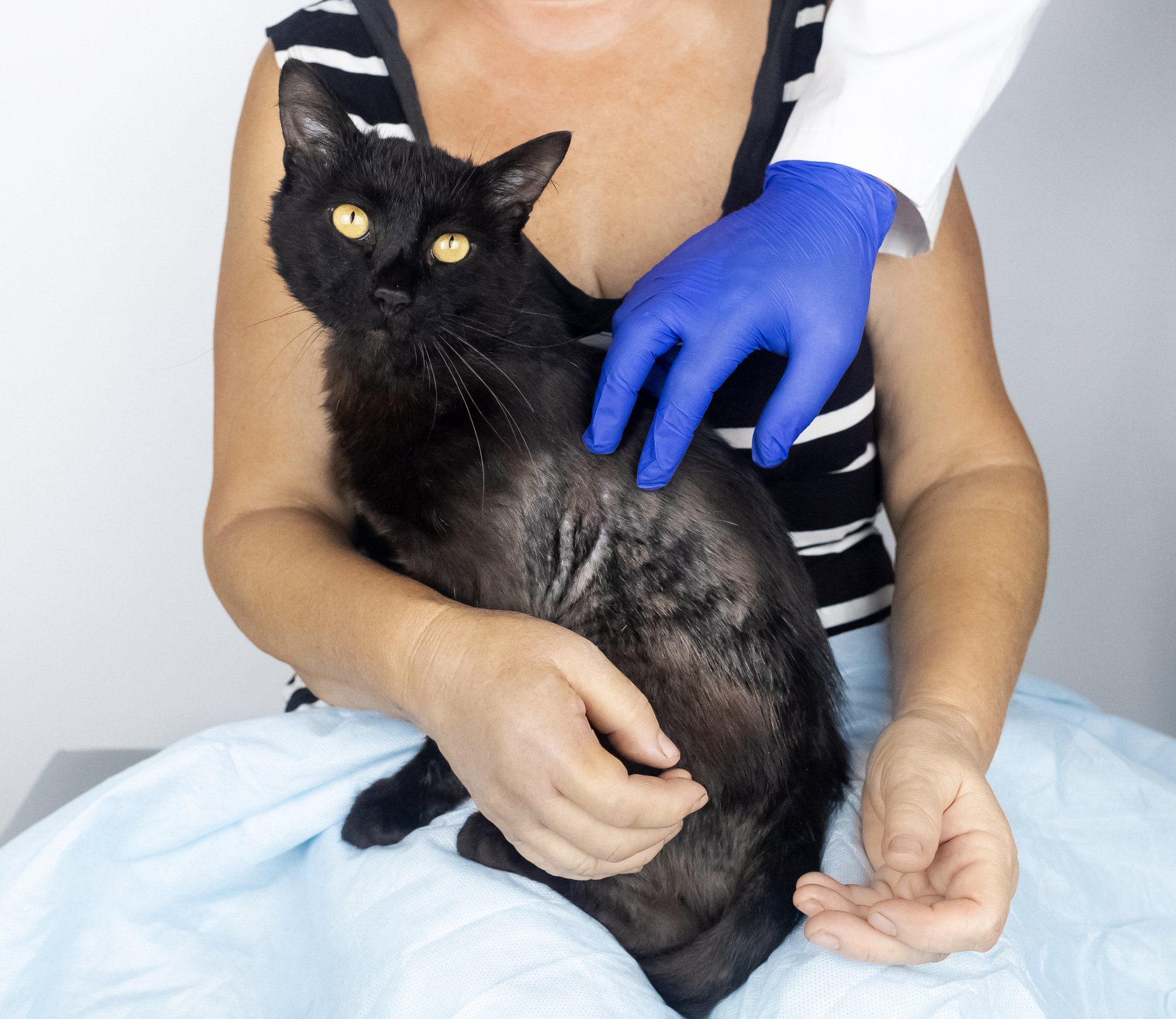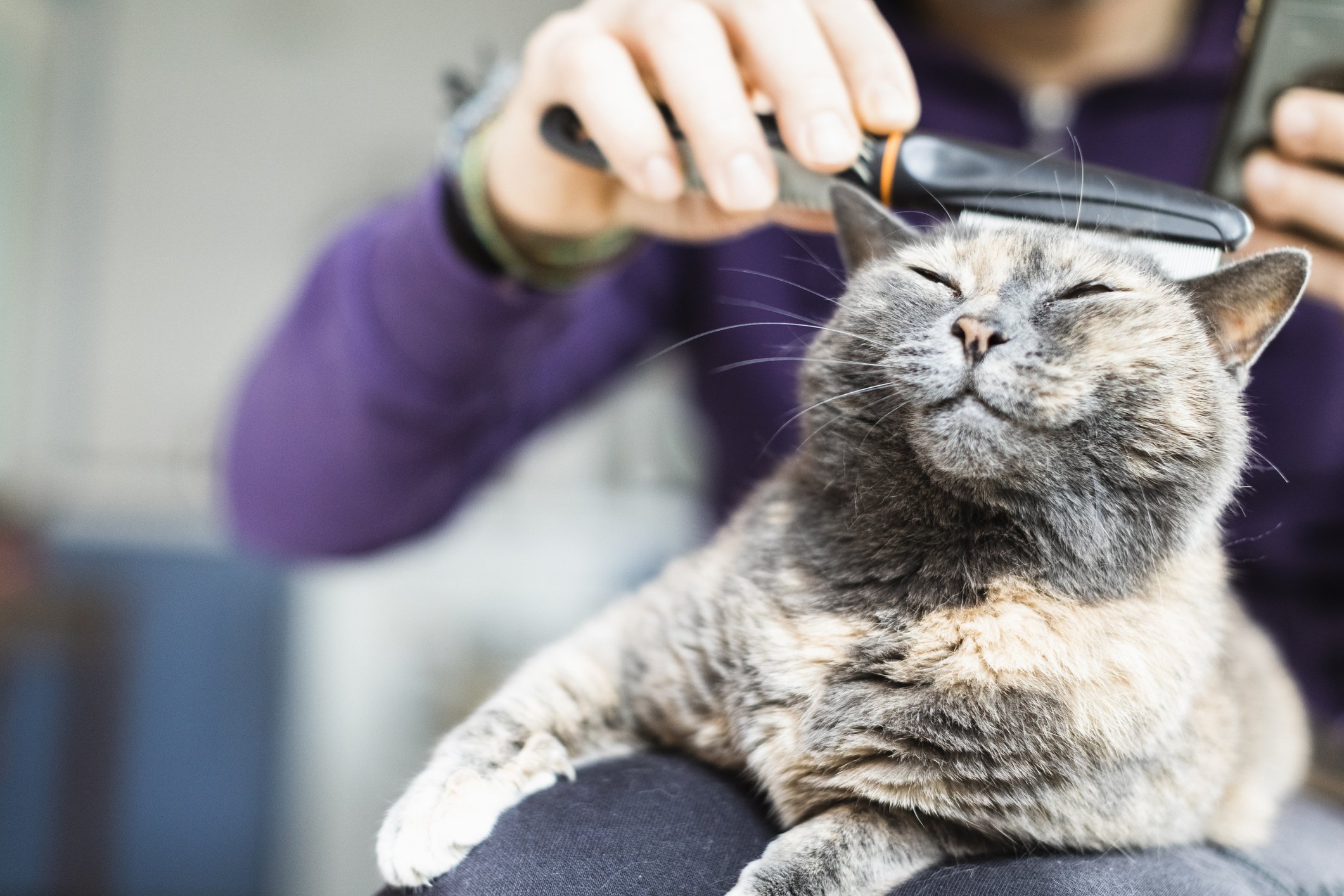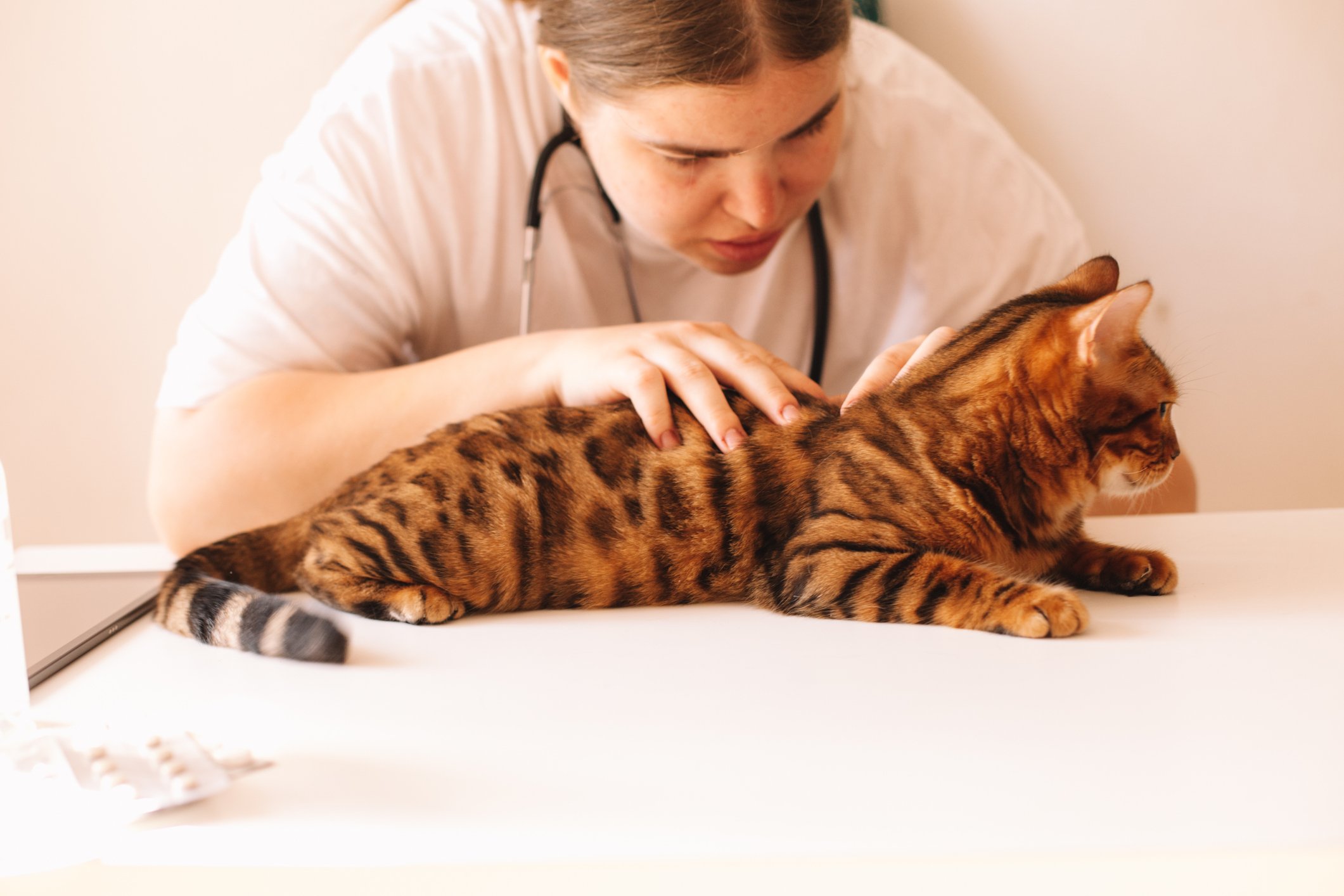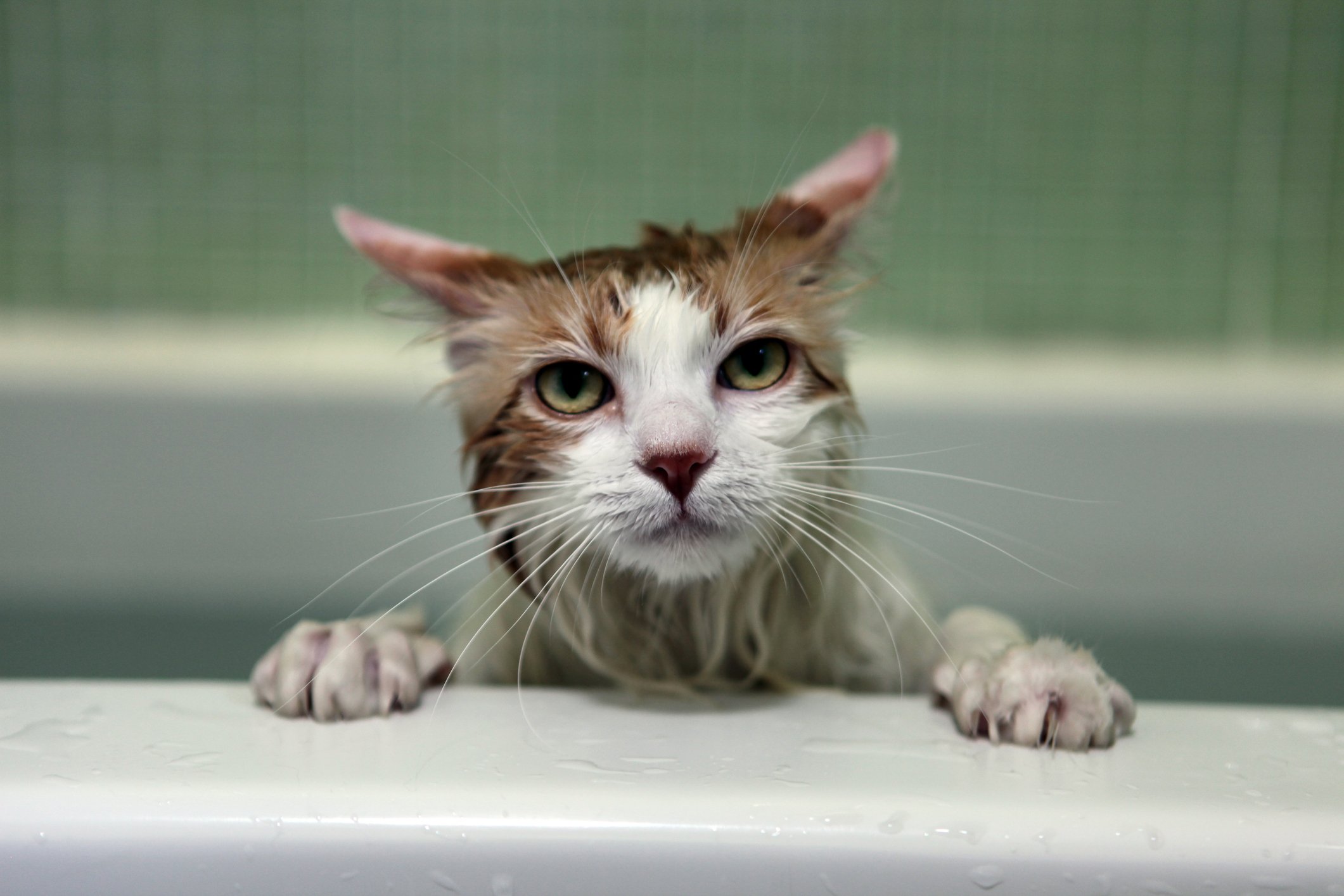8 reasons why a cat may scratch a lot: it must be taken seriously!
Published: 2025. 05. 12 - Photos: Getty Images Hungary • 4 minutes reading

Published: 2025. 05. 12 - Photos: Getty Images Hungary • 4 minutes reading

This can be worrying for us, especially if the itching is accompanied by other skin symptoms, such as hair loss, redness, rashes. Since our little friends’ itching can have many causes, it’s not necessarily easy to decide at first when to go to the vet.
Behind the skin itching of our four-legged friends may stand parasites, mites, infections and various allergies. The first step is always to recognise the signs of itching and to request a veterinary diagnosis.
 There can be many reasons for skin itching
There can be many reasons for skin itching
It is completely normal if our little friends scratch themselves from time to time. But how do we recognise when it is already excessive? Excessive scratching means that the animal scratches more often and more intensely than usual. In such cases, we may observe:
 It is completely normal if an animal scratches, however it doesn’t hurt to recognise in time if the phenomenon is excessive
It is completely normal if an animal scratches, however it doesn’t hurt to recognise in time if the phenomenon is excessive
Fleas are well-known skin parasites that cause strong itching, and also can spread tapeworms. Tick bites rarely cause itching, however some animals may be allergic to tick saliva, which in that case causes red skin irritation and scratching. It is worth noting that fleas and ticks are more active seasonally, especially in summer and autumn, however parasite prevention should be paid attention to all year round. The antiparasitic preparation should be given throughout the year with the regularity indicated on the packaging, and it is also important to thoroughly check the coat from time to time.
 To select the appropriate preventative products, request the help of a vet!
To select the appropriate preventative products, request the help of a vet!
Mites are microscopic parasites that burrow into the skin and cause intense itching. Scabies mites cause severe itching, hair loss, crusting and bacterial infections. Unfortunately, it can spread to humans as well, so it’s urgent to visit the vet. Hair follicle mites normally do not cause problems, except if the immune system is in a weakened state. In that case, they cause itching, hair loss and skin thickening. Ear mites cause intense itching in the ear canal, and ear shaking, head shaking, dark ear discharge, and unpleasant smell may also occur in such cases.
Infestation with mites usually does not go away on its own, so veterinary intervention is particularly important, who may prescribe orally or topically applied preparations.
 It is very important to regularly examine and care for our pets’ coats
It is very important to regularly examine and care for our pets’ coats
Fungal infections can also cause itching. The yeast fungus called Malassezia can cause rashes, flaking, and itching. It is very important to highlight, however, that not all fungal infections come with itching. Ringworm, which is also dangerous to humans, for example, does not always cause scratching, but symptoms such as hair loss, flaking and circular rashes are definitely telling.
It is absolutely recommended to visit a vet, who can prescribe antifungal ointment, shampoo, or medicine. Disinfecting the environment is also essential in these cases, as some fungi can spread to humans and cause similarly unpleasant infections!
 In short-haired cats, but especially in long-haired individuals, make sure to occasionally take a closer look at the skin too – in their case, problems appear less likely in everyday life
In short-haired cats, but especially in long-haired individuals, make sure to occasionally take a closer look at the skin too – in their case, problems appear less likely in everyday life
Bacteria attack the skin when it gets damaged, for example in the case of wounds, scratches, surgical cuts. As symptoms we may notice redness, flaking, swelling, pus-filled blisters. If we see such, definitely go to the vet, who may recommend antibiotics, antibacterial cream or shampoo.
Allergy can also be a frequent cause of itching; whether seasonal or food-related.
The vet may carry out an allergy test, and afterwards help set up a diet. If necessary, they can also give antihistamines or allergy injections.

Itching is not always a sign of infection, it may simply occur due to the drying out of the skin, especially in cold weather or when using inappropriate shampoo. It is very important not to use human shampoo or, for example, dishwashing detergent to bathe the cat, as these dry out the animal’s skin, since they have a different pH. Use shampoos specifically for animals, such as those with oats, and ensure your pet has adequate fluid intake, and if necessary, give dietary supplements containing essential fatty acids. Discuss the need for these with your vet.
This develops when the pet’s skin comes into contact with an irritating substance, for example certain plants, chemicals or grooming products. Bathe our furball to wash off the irritating substance. If it doesn’t improve, then definitely visit the vet.
 Use cat shampoo exclusively for bathing!
Use cat shampoo exclusively for bathing!
Excessive scratching, licking may sometimes be due to psychological reasons, which have physical symptoms such as over-licking, hair loss, skin irritation, which can even lead to further infections. The vet helps rule out physical causes, and if it is confirmed that stress causes our little friend’s problem, they may recommend behaviour therapy, environmental enrichment, or medication if necessary.
Follow us!
facebook instagramRelated articles